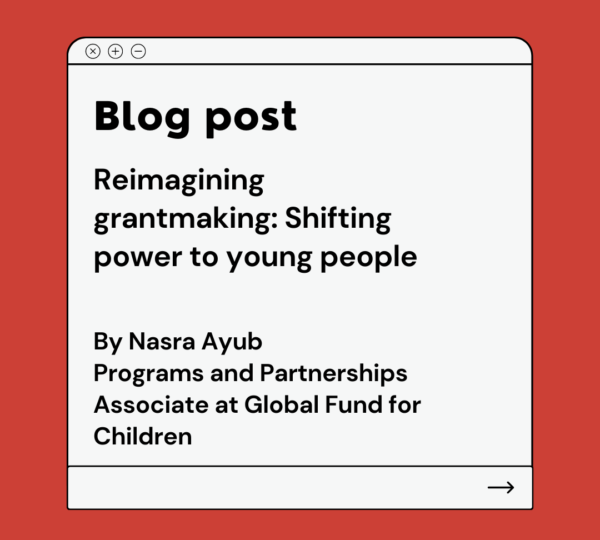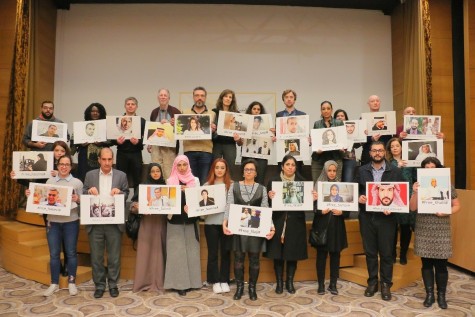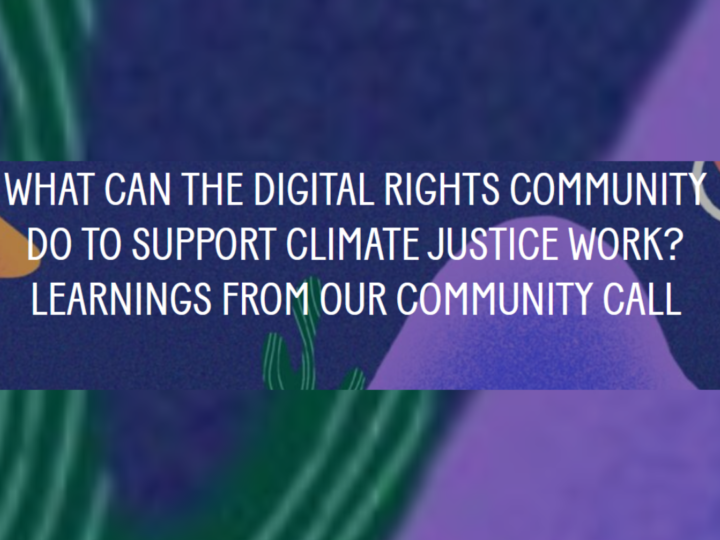 Neil Crowther is Director of the UK-based Thomas Paine Initiative. The Initiative represents a pooled group of funders who are seeking to change public attitudes towards the concepts underlying human rights in the UK. In today’s Queen’s Speech, the recently elected majority Conservative Government’s outlined its legislative plans. Neil analyses where the UK Human Rights Act and a British Bill of Rights now stand.
Neil Crowther is Director of the UK-based Thomas Paine Initiative. The Initiative represents a pooled group of funders who are seeking to change public attitudes towards the concepts underlying human rights in the UK. In today’s Queen’s Speech, the recently elected majority Conservative Government’s outlined its legislative plans. Neil analyses where the UK Human Rights Act and a British Bill of Rights now stand.
So, the first Queens Speech of the first Conservative majority government in eighteen years did not in the end include a Bill of Rights and Responsibilities to replace the Human Rights Act, as had been promised. Instead the Queen announced that Her Government would ‘bring forward proposals’ for such a Bill.
Widely trailed in print and broadcast media yesterday evening and this morning, the news was greeted by legal bloggers and some human rights activists as a victory. It did become increasingly clear that the Conservatives may have struggled to command a Parliamentary majority in support of a Bill, with opposition emerging from the Government’s own Ministers, from Conservative backbenchers and usual allies such as the Democratic Unionist Party, as well as the government’s of Scotland and Ireland. No doubt David Cameron will have been keen to avoid the humiliating defeat that may have ensued. It was also suggested in the Times newspaper that the Conservatives had included the proposal in their manifesto having not expected to win an outright majority at the recent election, leaving them unprepared to bring forward draft legislation at this stage. Organisations funded by the Thomas Paine Initiative including Amnesty UK, Liberty, Rights Info and Equally Ours have all played an important role in shaping the public debate over recent weeks leading up to this decision.
So a victory of sorts and one which has laid bare the political hurdles involved, but unlike some I do not believe for one minute that this marks the end of the road for the government’s plans.
Instead of legislation in the immediate term we now face the prospect of a long drawn out consultation process, an enraged right wing press and agitated Eurosceptic backbench MPs. At a time when David Cameron is seeking to create space for renegotiation of EU Treaties and to build support for a ‘In’ vote in the forthcoming referendum on the UK’s membership of the European Union, continuing attacks on the European Court of Human Rights and ‘proposals’ – however far fetched and unworkable – including the option of withdrawing altogether, provide an extremely helpful distraction. Post the referendum, the government, having consulted widely will be in a position to bring forward less contentious proposals, more capable of commanding support in the House of Commons and House of Lords. If the EU Referendum takes place in 2016, proposals to reform or repeal the Human Rights Act could be included in the next Queens Speech.
Hence, while the immediate prospect of legislation is off the table, we are nevertheless very likely to face a ramping up of hostile rhetoric towards the European Court of Human Rights – especially if the issue of the UK complying with the Court’s judgment over prisoner votes returns in the autumn – and to the Human Rights Act from influential sections of the media and senior politicians. Expect a lot of misleading stories about foreign criminals, terrorists, prisoners and cats. In the meantime the government has bought itself time to develop a Bill with greater prospect of success.
What does this mean for the strategy of human rights defenders? First and foremost it means using this time to foster as challenging a climate as possible for the government to bring forward regressive legislative proposals. This means prioritizing communications to speak to and persuade skeptical public audiences why they should care enough to be concerned about losing the Human Rights Act. It means building and coordinating alliances and commanding voices of support from beyond the ‘usual suspects’, including the wider voluntary sector, the churches, trades unions and business for example. It also, critically, demands that the many voices across the jurisdictions – Scotland, Wales, Northern Ireland and England – that make up the UK feature prominently in public debate. And while each of these areas of activity pose challenges, it’s important to note just how galvanizing a moment both the election and the subsequent threat to human rights has been. There is as a consequence a major opportunity to build both a new public narrative regarding the importance of human rights for all people in the UK but to build a much broader, more inclusive and more visible alliance of human rights supporters.
These have and continue to be the principal areas of focus for the Thomas Paine Initiative (TPI), a donors collaborative established in 2012. The grants we have made have led to real successes, especially in recent months. RightsInfo, launched in April has had over 250000 visits to its website. The film produced by Age UK with support from Equally Ours, launched in April, which demonstrates the relevance of human rights to older people receiving social care has been viewed over 300000 times on Facebook alone. Amnesty UK’s campaign to save the Human Rights Act has been developed with the support of Equally Ours and has enlisted 81000 supporters, with major advertisements placed in the mainstream press.
The risk to human rights in the UK has not gone away. But for now the battle won’t be fought in Parliament, or the European Court of Human Rights, but in the court of public opinion.





